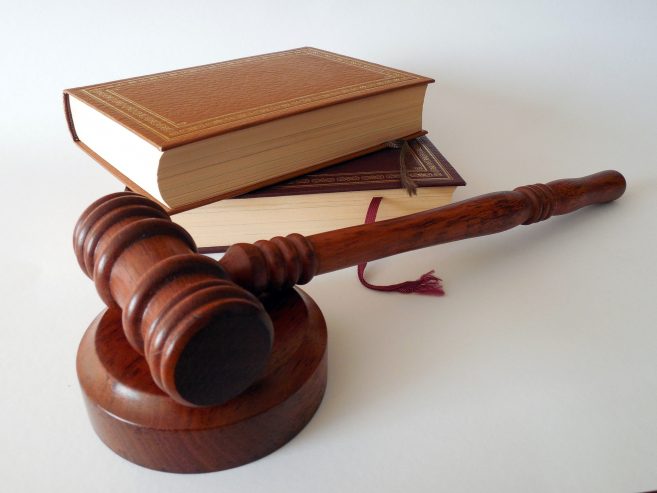I previously wrote an article discussing a claimant’s obligation to mitigate his or her loss. The last article discussed the general application of the principle of mitigation and what would be expected of the claimant. There have been a number of notable examples over the years as to how the court has applied the principle. We look at these in more detail below.
Walker v Medlicott
There is authority to suggest that courts will find that a claimant has failed to mitigate its loss where:
- the claimant could have taken steps before commencing litigation
- which if successful, would have extinguished the claimant’s loss.
In the case of Walker V Geo H Medlicott & Son (a firm) [1999] 1 WLR 727, the claimant brought a claim against a firm of solicitors for professional negligence. He had been the intended beneficiary of a will. However, the solicitors’ negligent drafting had led to the gift being left out and the claimant losing his legacy. The solicitors defended the claim on the basis of the claimant’s failure to mitigate. They pointed out that the claimant could have first applied to rectify the will. If he had done so, then there was a good chance that the will would have been rectified and the claimant would not have suffered a loss. The defendant argued that the failure to attempt rectification amounted to a failure on the part of the claimant to mitigate his loss.
At first instance, the Court ruled that there had been a failure by the claimant to mitigate his loss. On appeal, the Court of Appeal upheld the judge’s decision. The Court of Appeal commented that rectification was a clear alternative to the professional negligence claim. Further, fairness required that the claimant share the cost of putting things right by attempting rectification first. Had the rectification proceedings failed for any reason then claimant could still have brought the professional negligence claim.
After Walker v Medlicott
Walker -v- Medlicott caused consternation for some time over what claimants are required to do mitigating their loss. The reasoning behind the decision appeared to be that where an opportunity to remedy the damage existed (i.e. the rectification of the will in the case of Walker -v- Medlicott) then that approach should be attempted first, before any claim is brought in negligence.
However, a more recent case indicates that the courts see Walker -v- Medlicott very much as contained to its own facts. For example, the courts continue apply the case of Pilkington -v- Wood [1953] CH 770. In that case, the High Court ruled it was not necessary for a claimant to embark on a complicated, difficult and uncertain piece of litigation against a third party in order to mitigate their loss.
Lagden v O’Connor – an exception?
One definite exception to the need to mitigate loss is contained in the case of Lagden v O’Connor [2004] 1 AC 1067. This case concerned a claimant whose car had been badly damaged in an accident. The claimant was unable to afford to hire a car while his original car was repaired and therefore arranged to hire a car based on credit. This naturally incurred interest and was more expensive. The defendant argued that he should not be held liable for the extra cost, as by entering into the more expensive rental agreement the claimant failed to mitigate his loss. The case eventually reached the House of Lords where their Lordships ruled that the claimant had not failed to mitigate his loss. The Law Lords decided that the claimant should not be prejudiced by his financial inability to mitigate. Ultimately, the defendant took his victim as he found him.
As the above examples show, the issue of mitigation of loss is extremely complicated and is far from settled. Exactly what a claimant has to do to successfully mitigate their loss cannot be said with any certainty. Therefore, a claimant is best advised to act as reasonably as possible and do what they can to reduce their loss, without putting an unnecessarily oppressive burden upon themselves.
Our professional negligence and commercial litigation solicitors will advise you on mitigation where appropriate. Call us today for a FREE initial consultation on 0800 988 7756.





